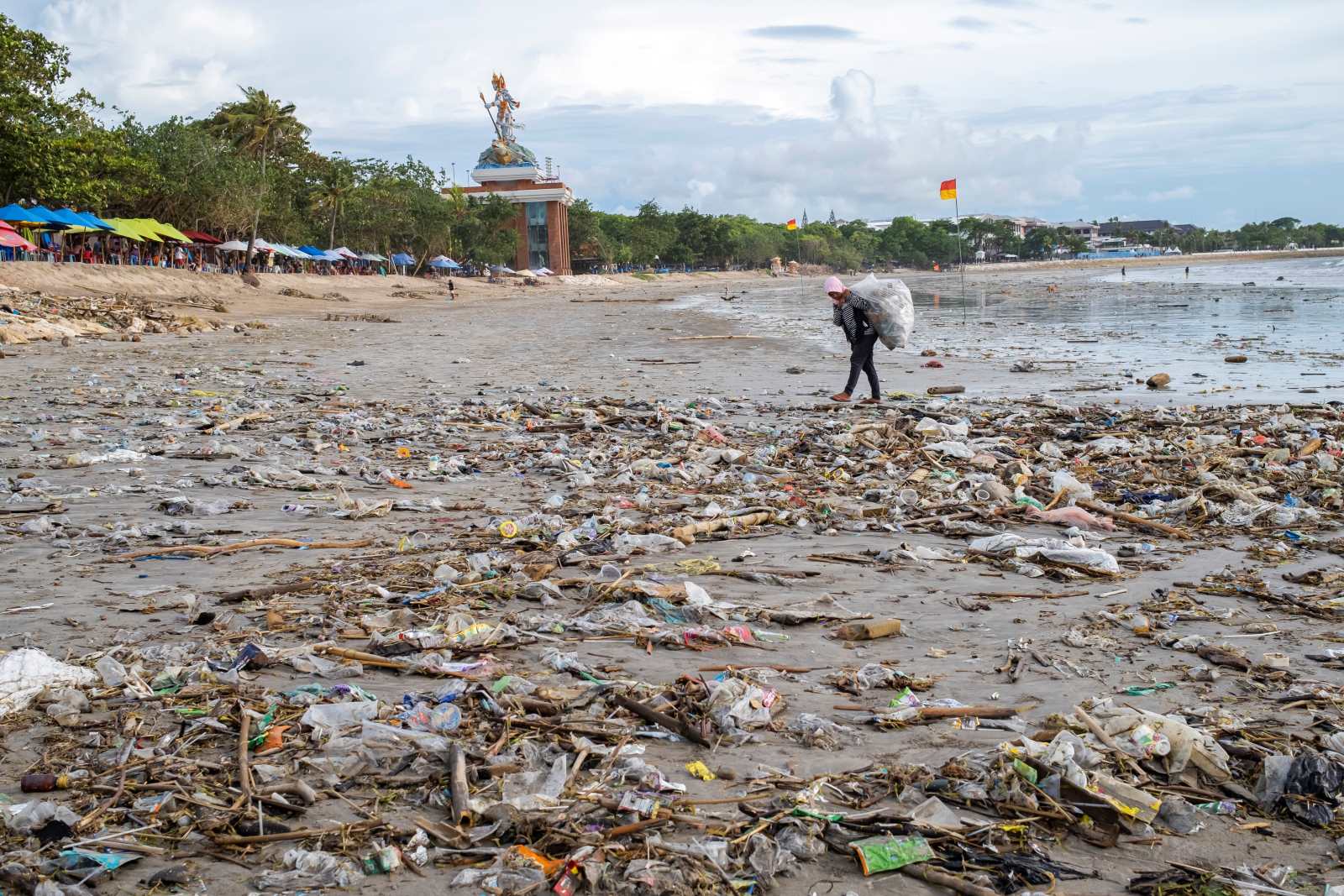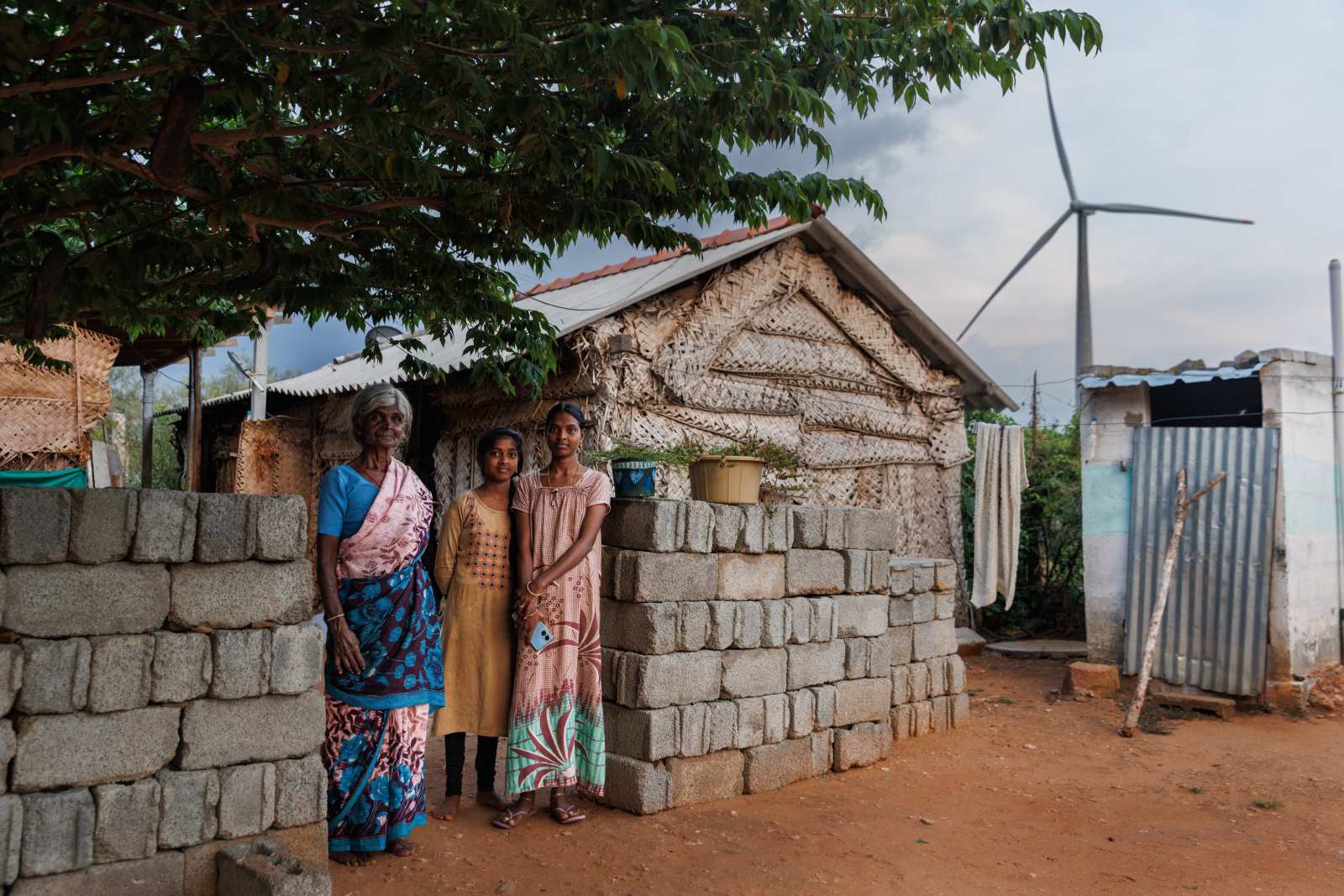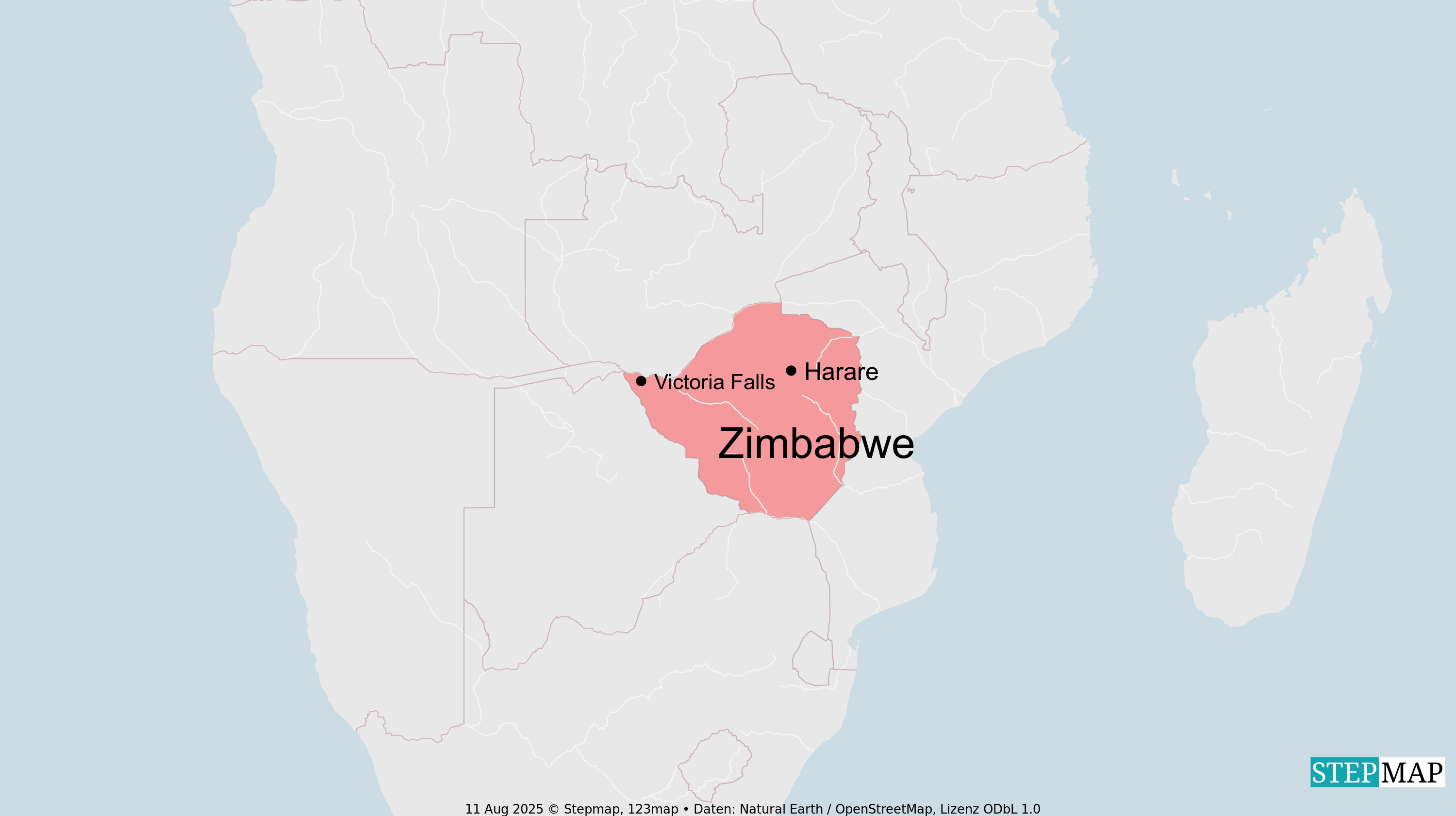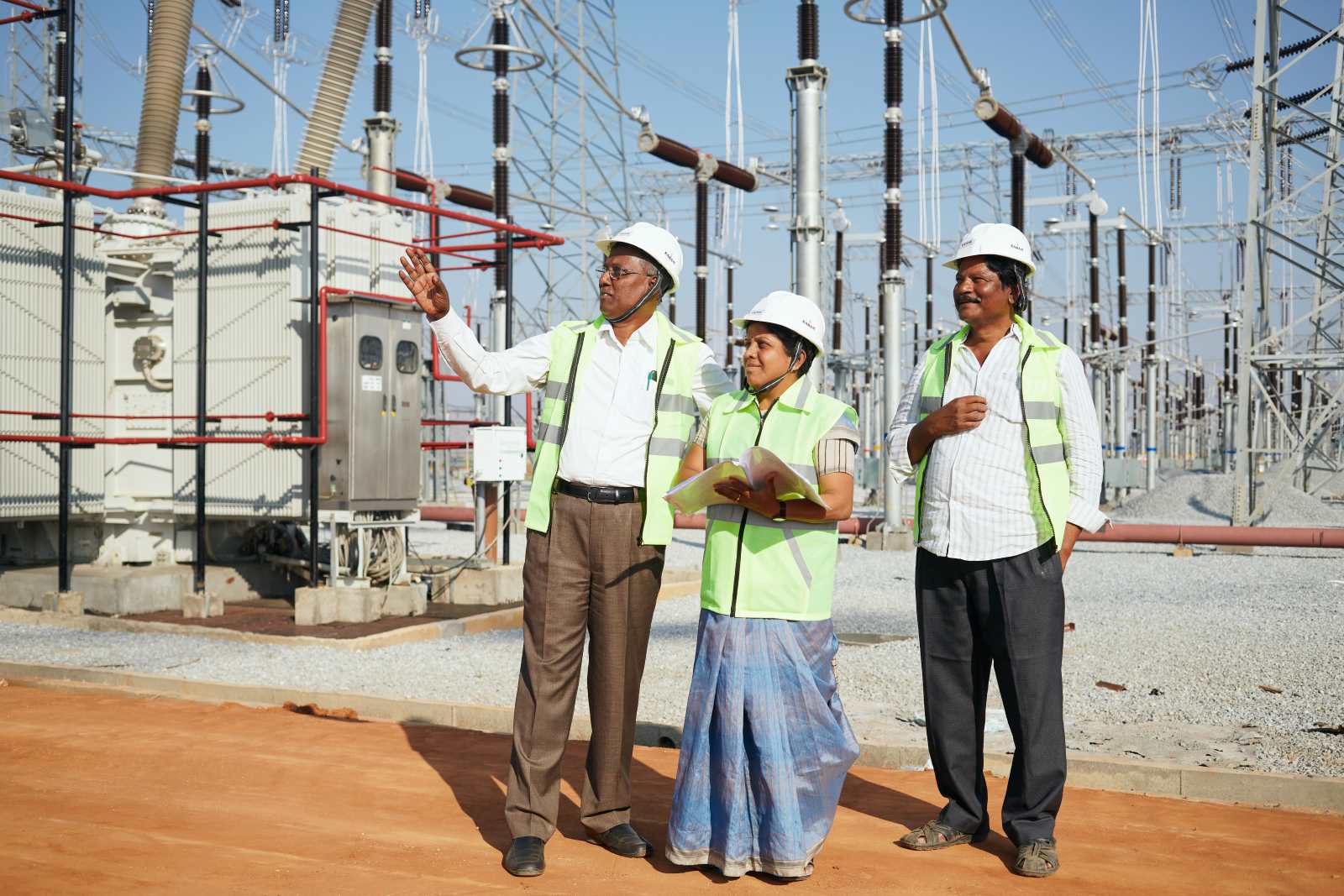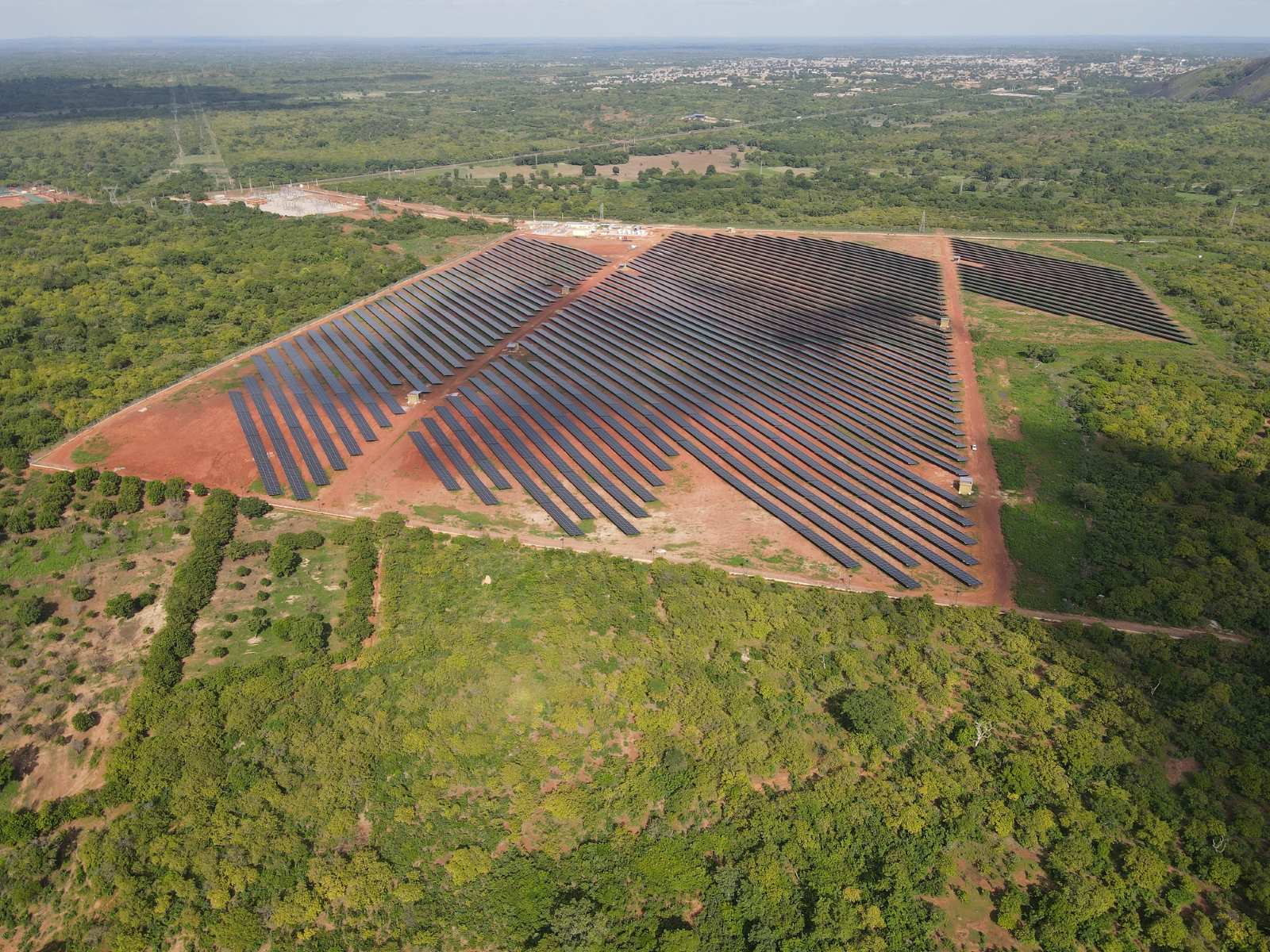KfW
Funding a just coal phase-out
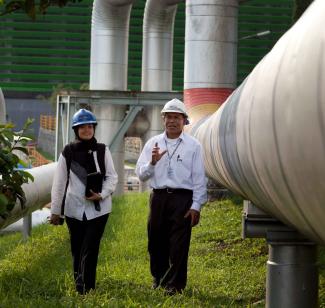
Just Energy Transition Partnerships (JETP) are a model for international cooperation in the energy and climate sectors that aims to bring about a sustainable and socially just energy transition, especially in high-emission countries.
Indonesia uses coal and is therefore one of these countries. The Indonesian JETP was agreed at the G20 summit in November 2022 and will make it possible to keep the 1.5°C target within reach and to implement the Paris Climate Agreement. International donors in the form of the International Partner Group (IPG) have raised the prospect of around USD 10 billion. EUR 1.6 billion of this total is to be provided by the German government. A further USD 10 billion is to come from the private sector.
Indonesia is facing major challenges: the country’s growing demand needs to be met so as not to choke its economic development. And it must successfully transition from coal-fired power to renewable energy. At present, subsidies still make coal-fired power artificially cheap, making investments in renewables appear unprofitable. Furthermore, the coal industry creates a large number of jobs and therefore tax revenues for municipalities. Regulatory reforms are needed to make investments in renewables worthwhile. To reduce the additional financial burden on the national budget in this context, policy-based loans (PBL) come into play – financial reform instruments that make money available for political reform processes rather than for projects.
On behalf of Germany’s federal government, KfW has been active in this area for some years, with the Asian and other development banks leading the way. With the third phase of the Sustainable and Inclusive Energy Programme, a presidential decree was for example initiated in Indonesia thanks to which electricity generated from renewables can be sold to the state-owned utility at agreed prices, thus creating security for private investors. “PBL,” explains André Degenkolb, lead energy sector coordinator at KfW in Jakarta, “create the conditions to implement reforms for which we previously worked with Indonesian partners to find the best solutions. Our joint goal is to overcome the technical challenges of the energy transition and make sure that it is just.” Indonesia and the IPG have now drawn up an investment and action plan that includes expanding transmission and distribution grids on the island of Sulawesi. “Without these investments it will be impossible to switch to renewables,” stresses Degenkolb. “Infrastructure development is also important for the hydropower plants being built in Sulawesi, which are supported by the German government. This is essential to ensure that the electricity from renewable energies is actually delivered to consumers.”
Carmen Sorgler
Link
KfW, 2023: Shaping a sustainable and fair global energy transition.
